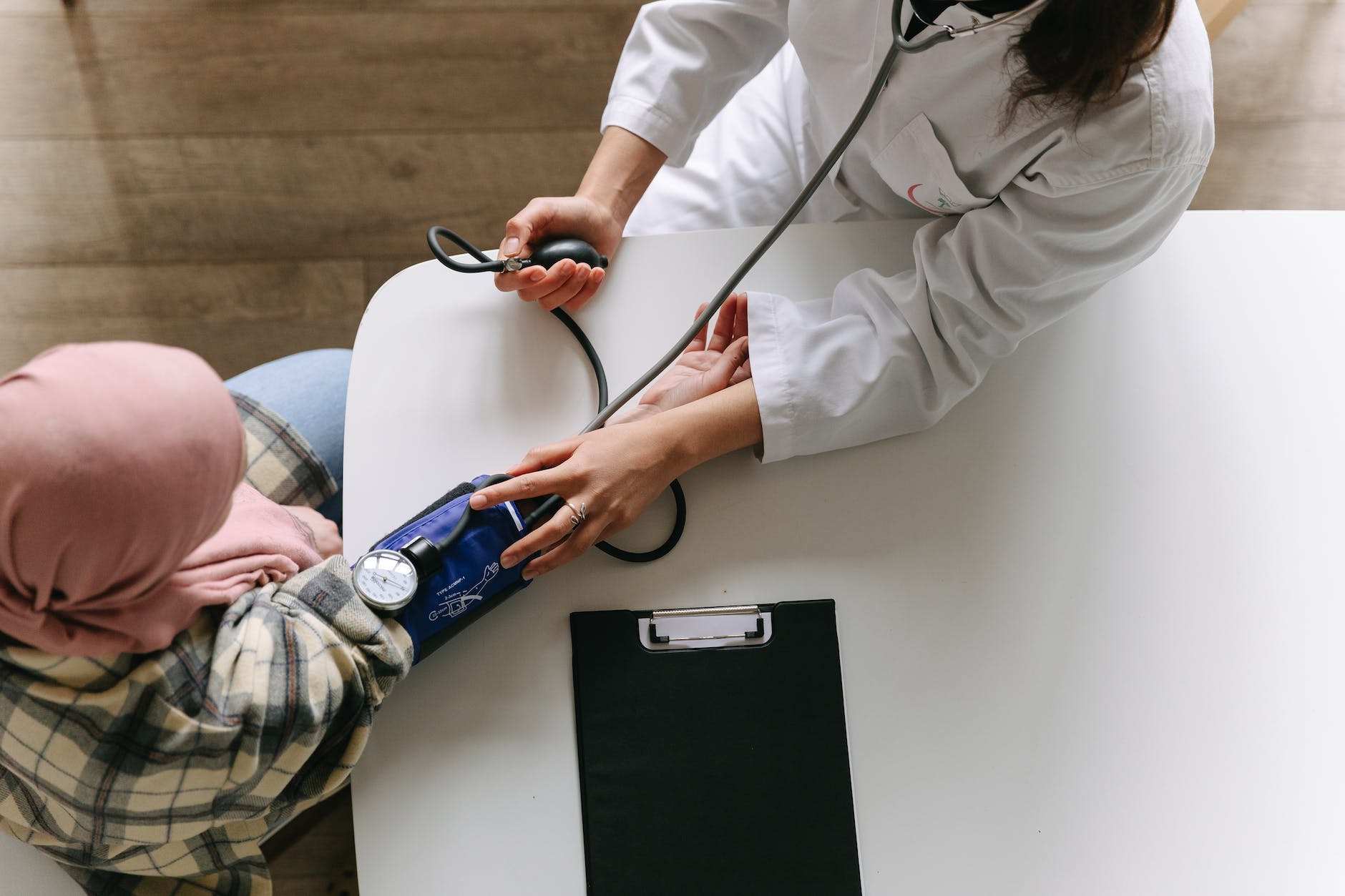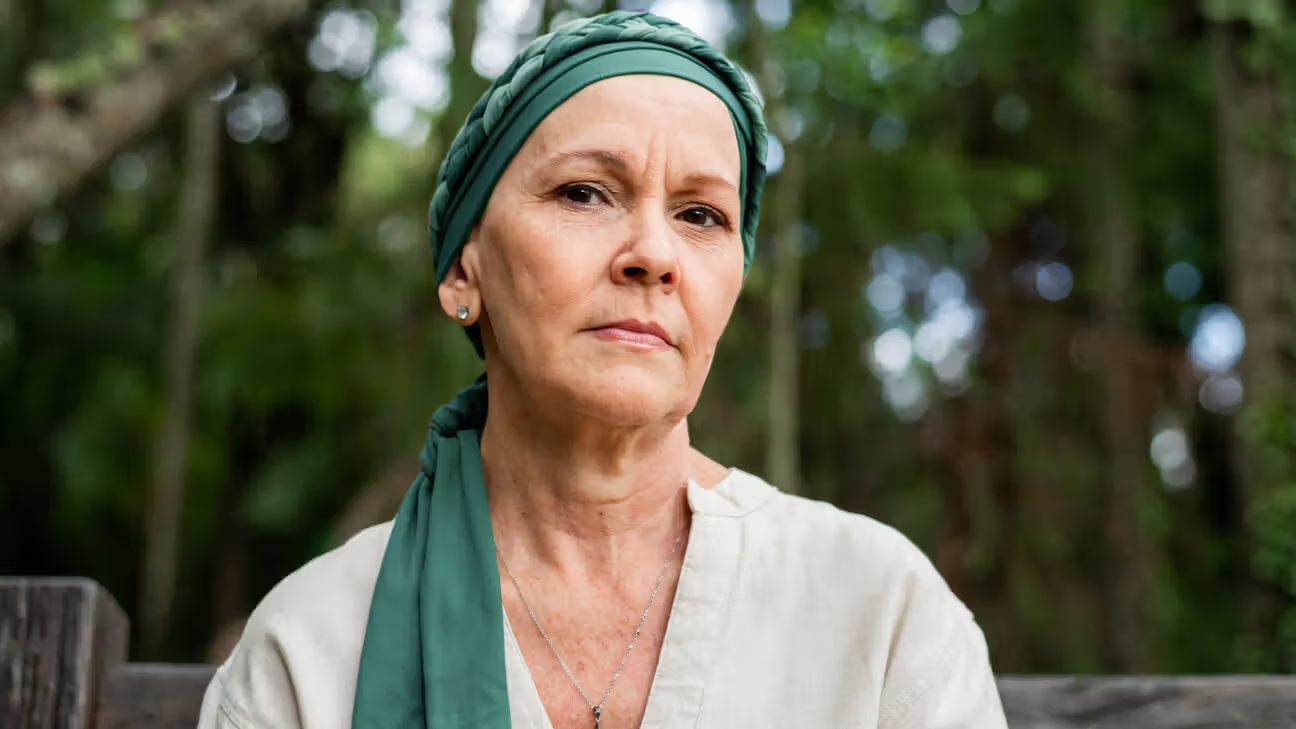
Cancer is a complex disease with multiple causes, including genetic factors and environmental influences. While some risk factors are beyond our control, many are linked to lifestyle choices. By making healthy decisions, you can significantly reduce your risk of cancer. This article explores how lifestyle choices, such as diet, physical activity, and tobacco use, can play a crucial role in cancer prevention.
1. Diet and Nutrition:
A well-balanced diet can be a powerful ally in the fight against cancer. Consider these dietary choices:
- Eat More Fruits and Vegetables: These are rich in antioxidants and essential nutrients that help protect against cancer.
- Choose Whole Grains: Whole grains provide fiber and can reduce the risk of certain types of cancer, particularly colorectal cancer.
- Limit Red and Processed Meat: High consumption of red and processed meats is associated with an increased risk of colorectal cancer. Opt for lean protein sources instead.
- Moderate Alcohol Consumption: Excessive alcohol intake is linked to several cancers, including mouth, throat, and breast cancer. If you choose to drink, do so in moderation.
- Stay Hydrated: Drinking plenty of water may reduce the risk of bladder cancer.
2. Physical Activity:
Regular physical activity is not only essential for maintaining a healthy weight but can also lower the risk of several types of cancer. Aim for at least 150 minutes of moderate-intensity exercise each week. Activities such as brisk walking, swimming, or cycling can make a significant difference in your cancer risk.
3. Tobacco Use:
Tobacco use is a leading cause of many types of cancer, including lung, mouth, throat, and pancreas. If you smoke, quitting is one of the most important steps you can take to reduce your cancer risk. Avoiding exposure to secondhand smoke is equally crucial.
4. Sun Protection:
Skin cancer is one of the most common forms of cancer, and sun exposure is a primary risk factor. Protect your skin by using sunscreen, wearing protective clothing, and avoiding the sun during peak hours.
5. Vaccinations:
Certain vaccines can protect against infections that are linked to cancer. For example, the human papillomavirus (HPV) vaccine can prevent cervical and other cancers.
6. Screenings and Early Detection:
Participating in cancer screenings, such as mammograms and colonoscopies, is vital for detecting cancer in its early stages when it’s most treatable. Regular check-ups with your healthcare provider can help identify risk factors and develop a plan for early detection and prevention.
In conclusion, many lifestyle choices can significantly impact your risk of developing cancer. By adopting a healthy diet, engaging in regular physical activity, avoiding tobacco, and taking steps to protect yourself from environmental risks, you can reduce your likelihood of developing this disease. Prevention is a powerful tool, and making these choices can contribute to a healthier, cancer-free future. If you have questions or concerns about cancer prevention, consult with your healthcare provider for personalized guidance and support.



